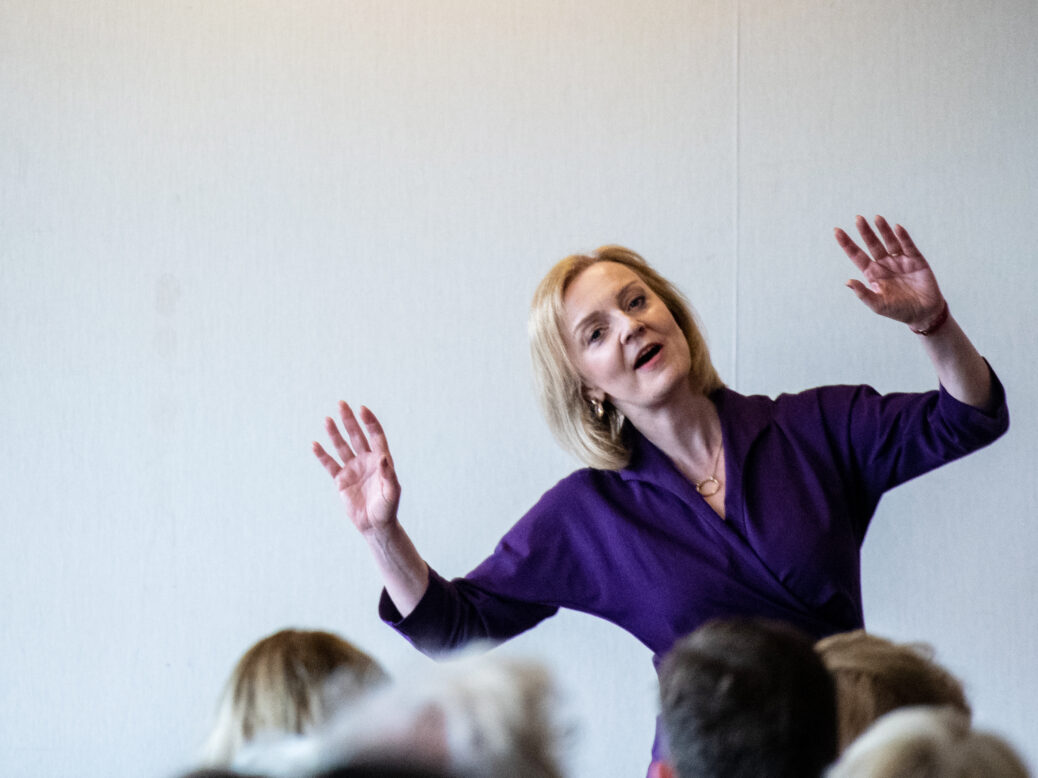
On Wednesday night (31 August), the two candidates to be prime minister were asked if they could rule out energy rationing over the winter. One of them – the one who is going to win – said yes. No one wants energy rationing but… really? Regardless of the severity of the winter, the actions of Vladimir Putin and the pressures on energy supply?
The answer was characteristic of her campaign. Hope triumphs over fear, optimism over pessimism. This is the approach taken by Liz Truss in her leadership campaign, and it appears to be working.



